What do I do?¶
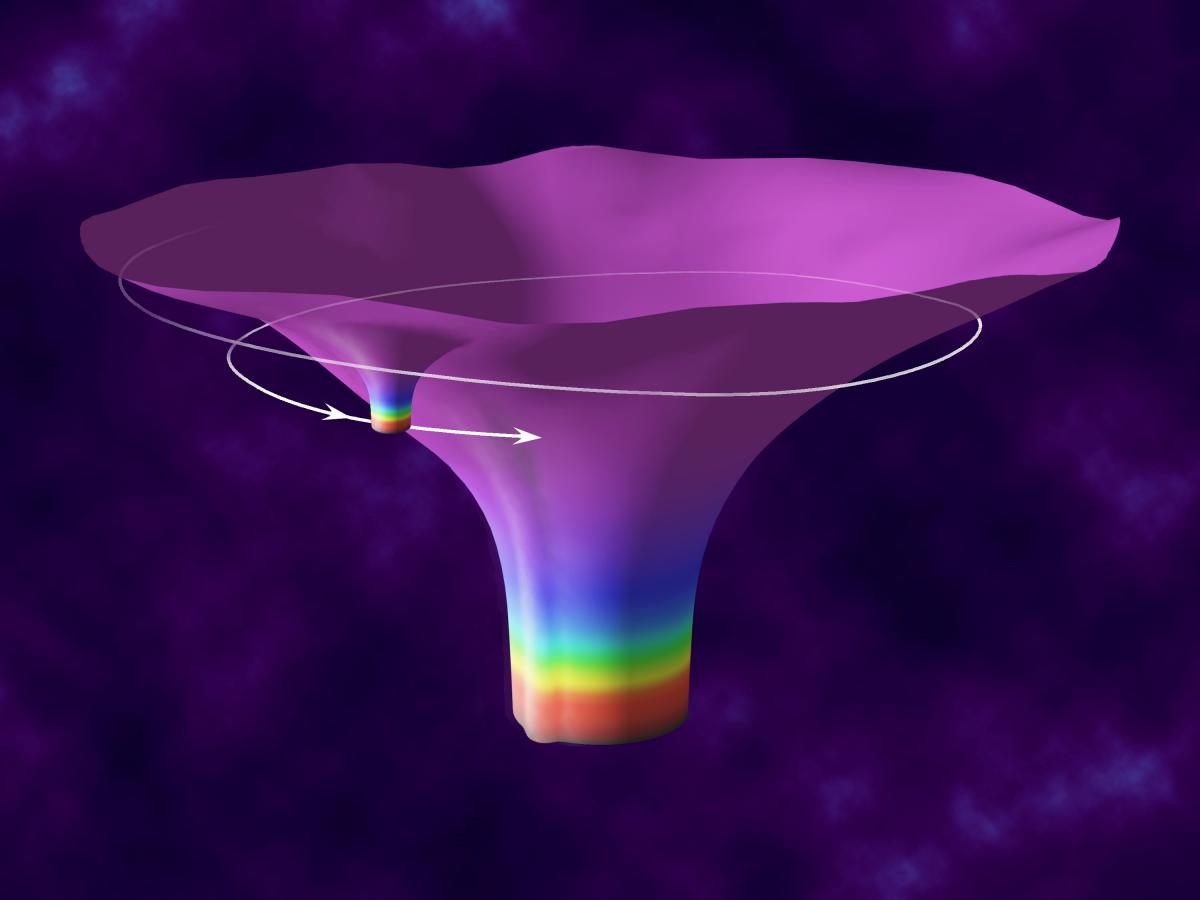
image credit: NASA

What do I do?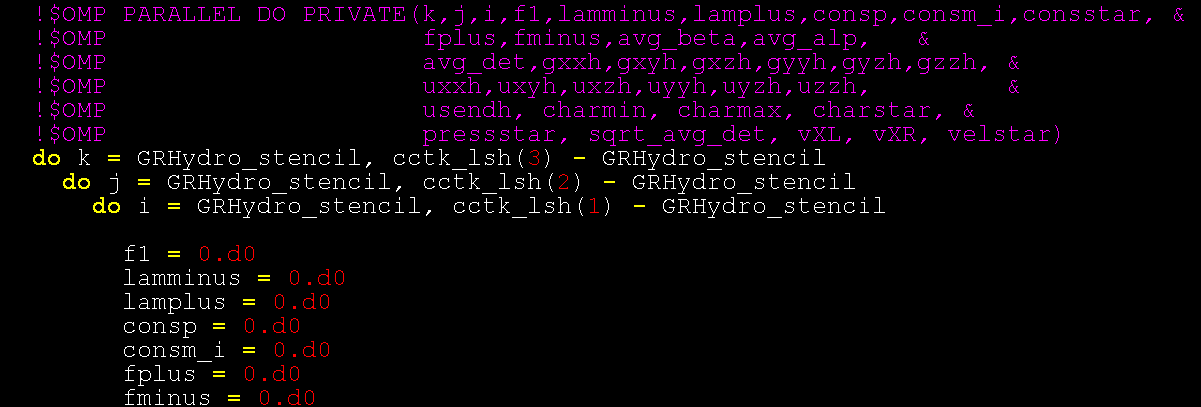
 ¶
¶
Science¶
- builds and organizes knowledge
- tests explanations about the universe
- systematically,
- objectively,
- transparently,
- and reproducibly.
Otherwise it's not science.
Computers should...¶
- improve efficiency,
- reduce human error,
- automate the mundane,
- simplify the complex,
- and accelerate research.
But we don't always them effectively.
Data Storage¶
- Good: spreadsheet
- Better: csv file
- Best: standardized file format, database management system, version control
Formats: csv, YAML, Hierarchical Data Format (HDF), Flexible Image Transport System (FITS), etc.
Management: C++/Python/Fortran APIs, HDF5, Pandas, astropy, etc.
Backing Up Files¶
- Good: USB stick
- Better: nightly emails
- Best: remote version control (GitHub, BitBucket, GitLab), remote backup (CrashPlan, Duplicity)
Version Control Systems: svn, hg, git
Hint: tools like git-annex or git-lfs can help you manager large data files
Managing Changes¶
- Good: systematic naming convention
- Better: versioninig storage solution
- Best: local version control

Tracking down changes¶
- Good: use
git log
- Better: custom log format,
git blame
- Best:
gitk,git gui blame
Hint: GUIs are great to explore and look around
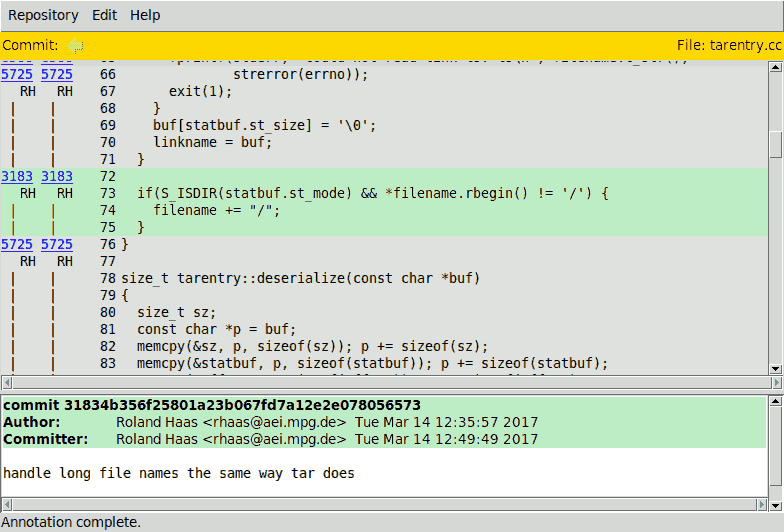
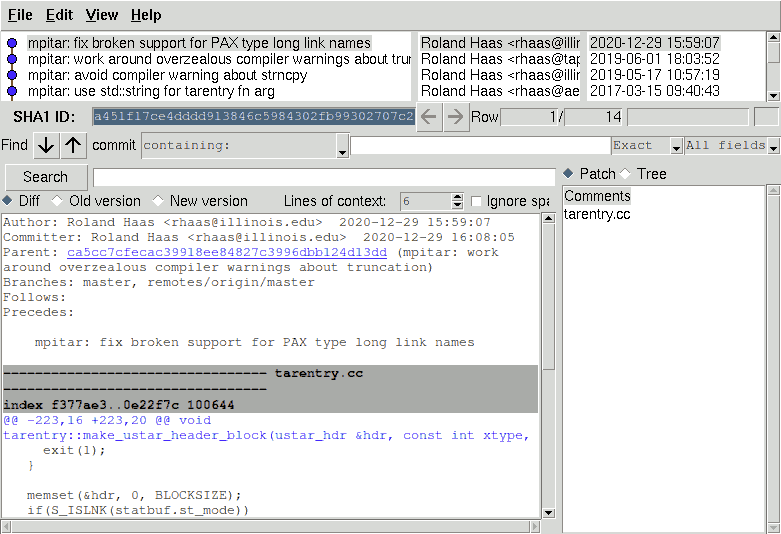
Working with data¶
Multiple File Cleanup¶
- Good: manually edit every file
- Better: search and replace in each file
- Best: scripted batch editing with backups
Hint: try a tutorial on BASH, ZSH, Python, or Perl, e.g. the bash lesson by Software Carpentry.
Executing Workflows¶
- Good: retype a series of commands from notes
- Better: shell script
- Best: build system
Build system tools: make, docker, cmake, autoconf, automake, etc.
Reference: The Carpentries have an associated Automation and Make lesson
Data Structures¶
- Good: giant vector holding all numbers
- Better: list of list of numbers
- Best: appropriate powerful data structures
Hint: In C++, learn about structs, unordered_maps, maps, vectors, and (maybe) classes, etc. In Python the power lies in dictionaries, and numpy arrays, and DataFrames when analyzing data.
Working with code¶
API Design¶
- Good: single block of procedural code
- Better: separate functions
- Best: small, testable functions that handle well defined tasks, grop into classes
DRY: Don't Repeat Yourself. Code replication is bug proliferation.
KISS: Keep it simple, stupid.
Variable Naming¶
- Good: d1, d2, d3
- Better: x, y, z
- Best: p.x, p.y, p.z, p = Point(x,y,z)
Style Guides¶
- Good: Have consistent style
- Better: Agree with your colleagues on style
- Best: Follow a standard style guide and use a code formatter
Comments on commenting¶
- Good: have readable code
- Better: document what each code unit provides
- Best: document design and purpose of each code unit
Hints: Best practices for writing code comments, Python PEP-8
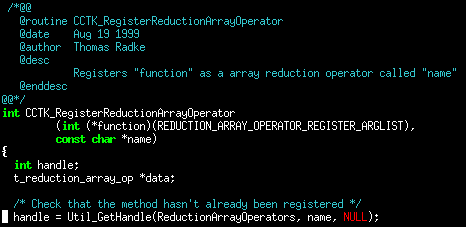
Optimization¶
- Good: don't
- Better: add timing code and optimize identified hot spots
- Best: use a profiler and optimize overall code structure
Tools: Linux perf, hotspot, gprof, igprof, coz, NVIDIA nsight, Python cprofile, line_profiler, snakeviz
Hints: A good algorithm will outperform a locally optimized bad one
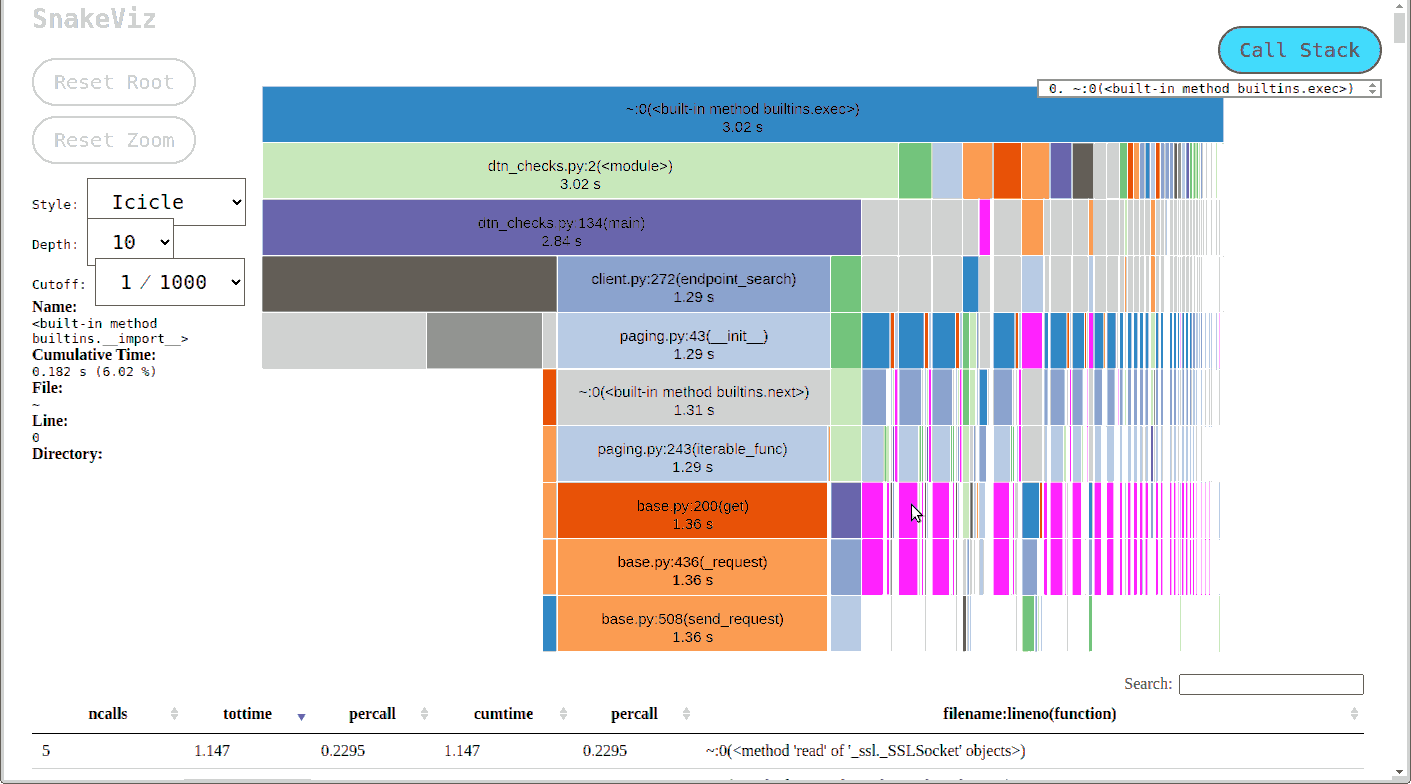
Runtime Parameter Handling¶
- Good: none, hardcoded variables
- Better: plain text input file, line-by-line homemade string parsing
- Best: argument / file parsing library
Formats: Python argparse, libconfig, yaml-cpp, spify, etc.
Getting It Right¶
Error Detection¶
- Good: show results to experts
- Better: integration testing
- Best: unit test suite, continuous integration
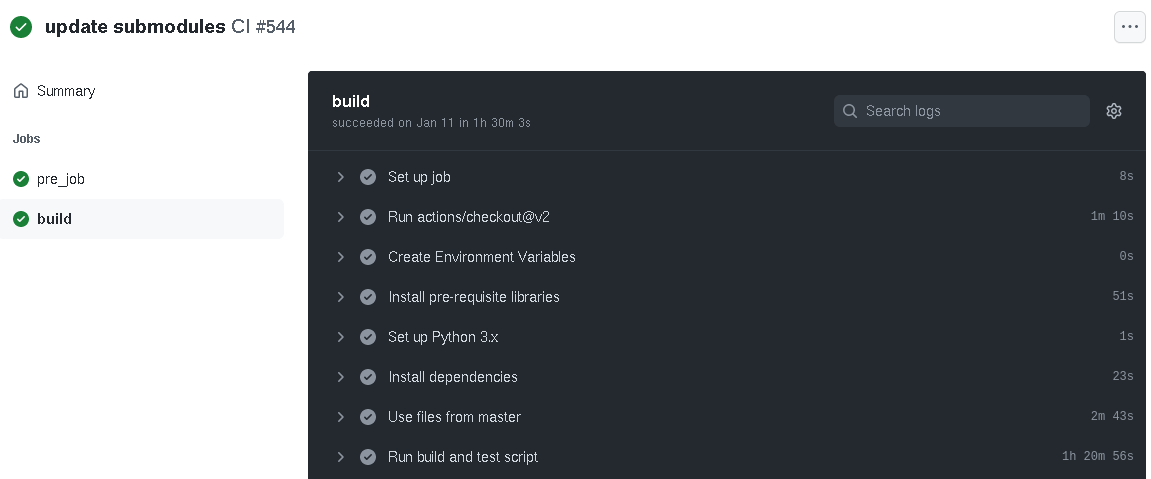
Error Diagnostics¶
- Good: re-re-read the code
- Better: print statements
- Best: use a linter, a debugger, and a profiler
Tools: cpplint, pyflakes, gdb, lldb, pdb, idb, perf, hotspot, coz, valgrind, kernprof, kcachegrind, cprofile/snakeviz
Error Correction¶
- Good: fix code
- Better: fix, add an exception
- Best: fix, add an exception, add a test
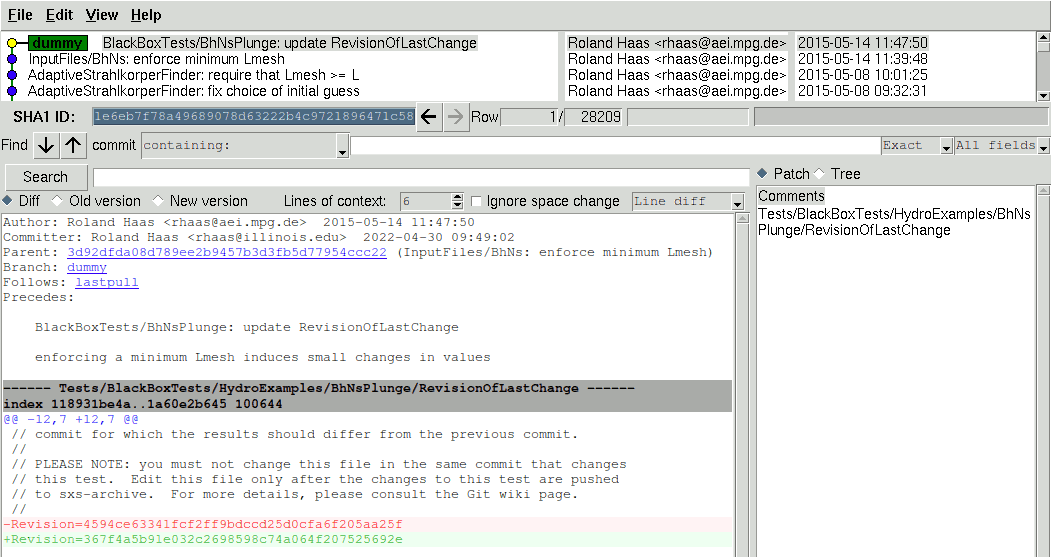
Getting It Together¶
Merging Collaborative Work¶
- Good: single master copy, waiting
- Better: email and patches
- Best: remote version control
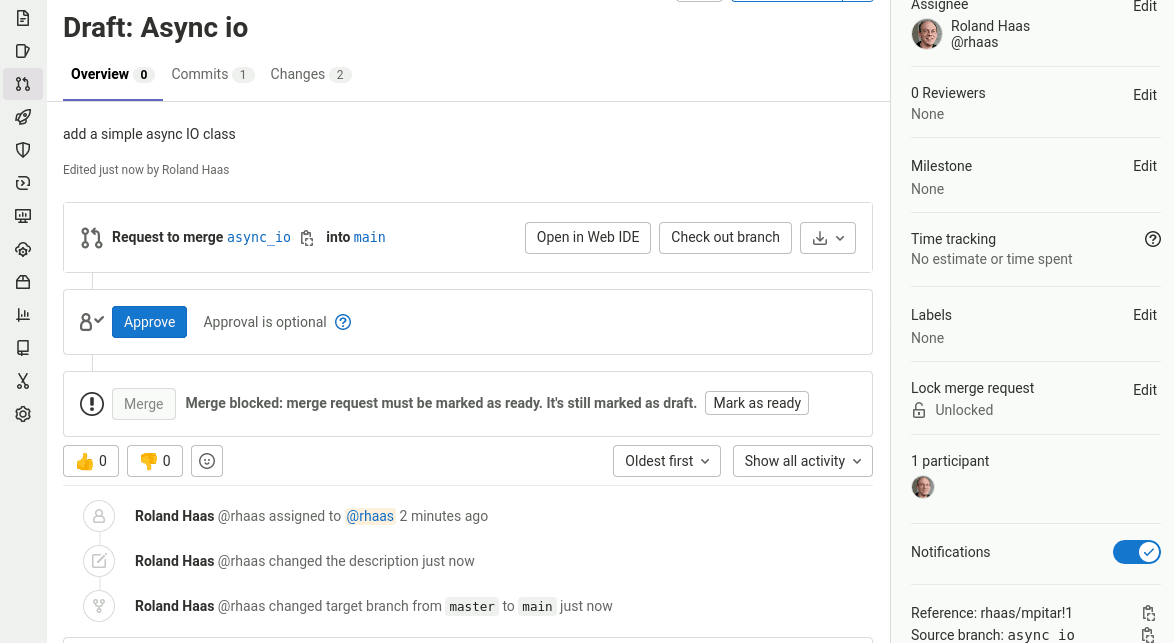
Peer Review For Code¶
- Good: separation of concerns
- Better: shared repository(s)
- Best: peer-reviewed pull requests
Hint: reviewing changes is work, keep them simple, stupid.
Teamwork¶
- Good: weekly research meetings
- Better: daily conversations, short term goals
- Best: pair programming, issue tracking
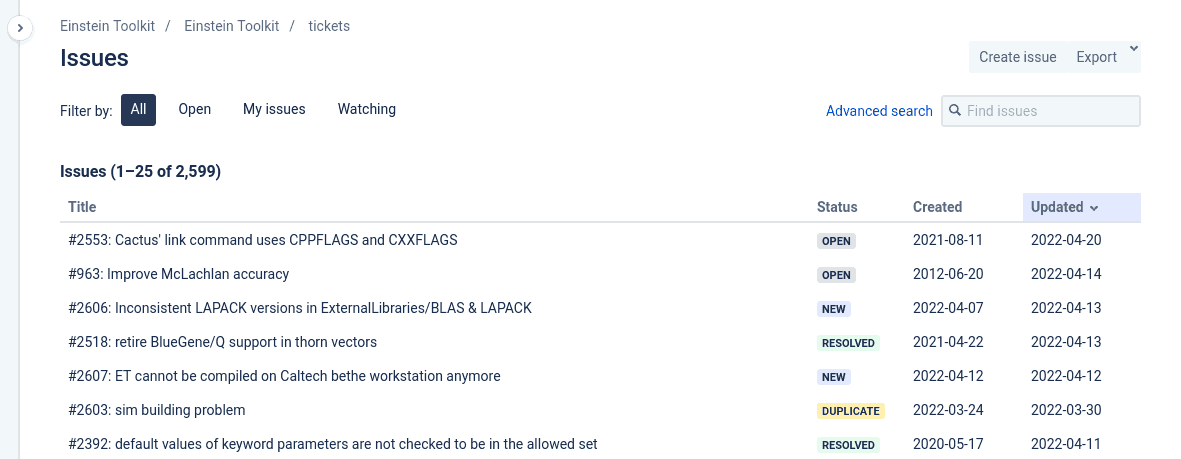
Software Handovers¶
- Good: zip file, theory paper
- Better: code repository, theory paper, comments in code, example input file
- Best: code repository, theory paper, automated documentation, example input file, test suite
Documentation¶
- Good: paper notes describing model in code
- Better: electronic documentation in code repository
- Best: auto-generated documentation describing code intent and usage

Getting It Out There¶
Plotting¶
- Good: custom formatting, clickable GUI
- Better: plot format templates (Excel, Mathematica)
- Best: scripted plotting, matplotlib, gnuplot, etc.
Writing¶
- Good: Microsoft Word, LibreOffice Write
- Better: Word, Write with track changes
- Best: plain text markup with version control and a makefile
Tools: LaTeX, markdown, restructured text
Distribution Control¶
- Good: "email to request access"
- Better: license file
- Best: license file, citation file, DOI, forkable repository
Example: SpECTRE
Community Adoption¶
- Good: none, internal use only
- Better: online repository, developer email online
- Best: issue tracker, user/developer forum, communication channels, online documentation
Resources¶
Papers!¶
Books!¶
- Clean Code - Robert C. Martin
- Working Effectively with Legacy Code - Martin Fowler
- Effective Computation in Physics - Huff, Scopatz
- The Elements of Prgoamming Style - Kernghan and Pauger (1974)
Acknowledgements¶
Many of these slides were originally in presentations by Dr. Katy Huff and Dr. Madicken Munk at
which are licensed under a Creative Commons Attribution 4.0 International License.
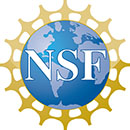 This work has been supported by NSF grants 2004879, 2103680. Any opinions, findings, and conclusions or recommendations expressed in this material are those of the author(s) and do not necessarily reflect the views of the National Science Foundation.
This work has been supported by NSF grants 2004879, 2103680. Any opinions, findings, and conclusions or recommendations expressed in this material are those of the author(s) and do not necessarily reflect the views of the National Science Foundation.
General programing best practices by Roland Haas is licensed under a Creative Commons Attribution 4.0 International License.
Based on a work at http://munkm.github.io/2021-09-24-NCSA.